Residential Radon Mitigation
Free Quote Click Here!Hurry! Call Now! Resolve Your Residential Radon Issues 319-231-3987
The Importance of Residential Radon Mitigation in Dallas, Iowa
Radon is a naturally occurring, odorless, colorless, and tasteless gas that is produced by the breakdown of uranium in soil, rock, and water. It is the second leading cause of lung cancer in the United States and is found in all 50 states. In Dallas, Iowa, radon levels are higher than the national average, making it important for homeowners to take steps to mitigate the risk of radon exposure.Radon enters homes through cracks in the foundation, gaps around pipes, and other openings. Once inside, it can accumulate to dangerous levels. The only way to know if your home has elevated levels of radon is to have it tested. If the test results show that radon levels are above the EPA’s recommended action level of 4.0 pCi/L, then it is important to take steps to reduce the levels.The most effective way to reduce radon levels in a home is to install a radon mitigation system. This system works by drawing the radon gas from beneath the home and venting it to the outside. The system is installed by a certified radon mitigation contractor and typically includes a fan, piping, and a vent stack.Radon mitigation is an important step for homeowners in Dallas, Iowa to take to protect their health and the health of their families. All Iowa Radon is a certified radon mitigation contractor that can help you reduce the risk of radon exposure in your home. Contact us today to learn more about our services and how we can help you protect your family from the dangers of radon.
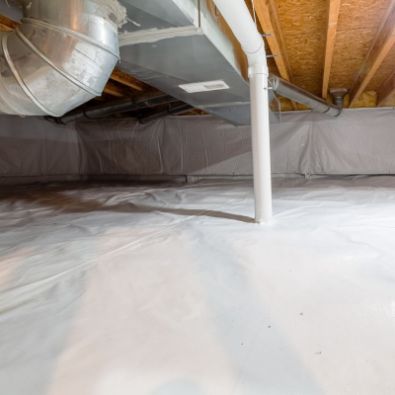
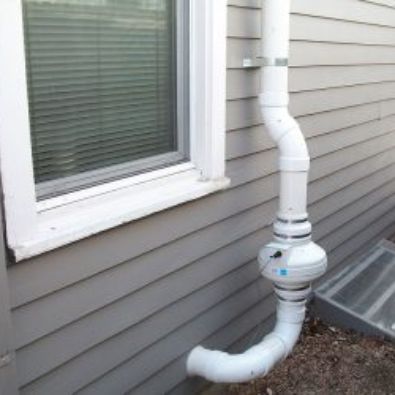
Dallas, Iowa is a small city located in Dallas County, Iowa. It is part of the Des Moines–West Des Moines Metropolitan Statistical Area. The population of Dallas, Iowa is estimated to be around 1,000 people. The city was founded in 1846 and was named after George M. Dallas, the 11th Vice President of the United States.
Dallas, Iowa is home to the Dallas Center-Grimes Community School District, which serves the city and surrounding areas. The district has two elementary schools, one middle school, and one high school. The city is also home to the Dallas County Fair, which is held annually in August.
Dallas, Iowa is home to the Dallas County Historical Society, which is dedicated to preserving the history of the county. The society operates a museum and library, which are open to the public. The museum features artifacts from the county's past, including items from the Civil War and World War II.
The city of Dallas, Iowa is also home to the Dallas County Conservation Board, which is responsible for managing the county's natural resources. The board operates several parks and nature preserves, including the Dallas County Nature Center, which offers educational programs and activities for visitors.
Dallas, Iowa is also home to the Dallas County Speedway, which hosts races throughout the year. The speedway is a popular destination for racing fans, and it is also home to the Dallas County Fairgrounds, which hosts a variety of events throughout the year.
Dallas, Iowa is a small city with a rich history and a variety of attractions. From its historical sites to its parks and nature preserves, Dallas, Iowa is a great place to visit and explore.
Local Residential Radon Mitigation Services Call NOW! 319-231-3987
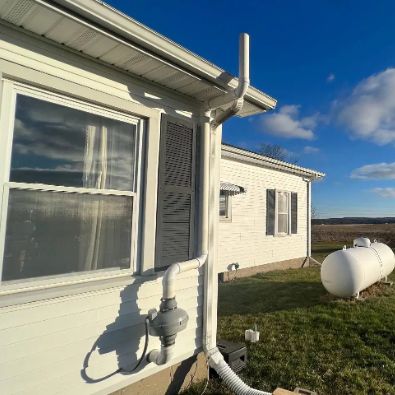
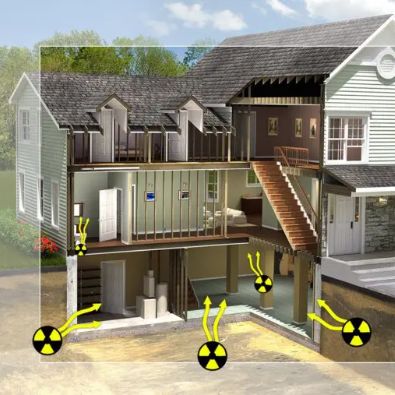
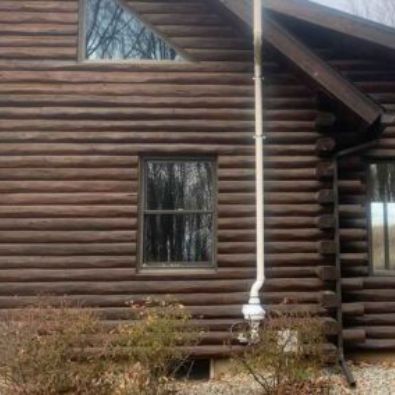
The History of Radon in Dallas, Iowa
Dallas, Iowa is a small town located in the heart of the Midwest. It has a population of just over 1,000 people and is known for its rural charm and friendly atmosphere. The town has a long history of radon exposure, dating back to the early 1900s. Radon is a naturally occurring radioactive gas that can be found in the soil and rocks of many areas. It is odorless and colorless, and can be dangerous to human health if it accumulates in high concentrations.
In the early 1900s, Dallas, Iowa was a mining town. The town was home to several coal mines, and the miners were exposed to high levels of radon. The miners were not aware of the dangers of radon exposure, and many of them developed lung cancer and other respiratory illnesses. In the 1950s, the town began to take steps to reduce the amount of radon in the air. The town installed ventilation systems in the mines, and began to monitor the air quality in the area.
In the 1980s, the Environmental Protection Agency (EPA) began to take a closer look at radon levels in Dallas, Iowa. The EPA found that the levels of radon in the air were higher than the recommended levels. The town began to take steps to reduce the levels of radon in the air, including sealing cracks and crevices in the walls and floors of homes, and installing radon mitigation systems. The town also began to educate its citizens about the dangers of radon exposure.
Today, Dallas, Iowa is a safe place to live. The town has taken steps to reduce the levels of radon in the air, and the EPA continues to monitor the air quality in the area. The town also offers radon testing and mitigation services to its citizens. The town is committed to providing a safe and healthy environment for its citizens, and is dedicated to protecting them from the dangers of radon exposure.
Contact Us Now To Resolve Your Radon Issues!!
Our team of experts is ready to provide you with personalized guidance and deliver exceptional results.
